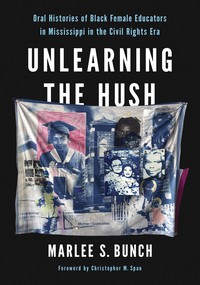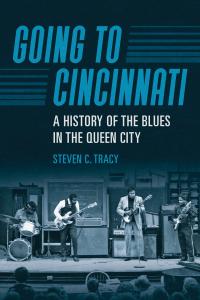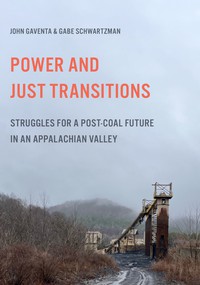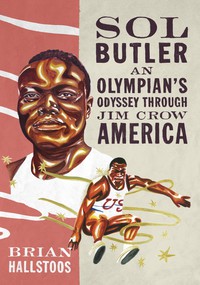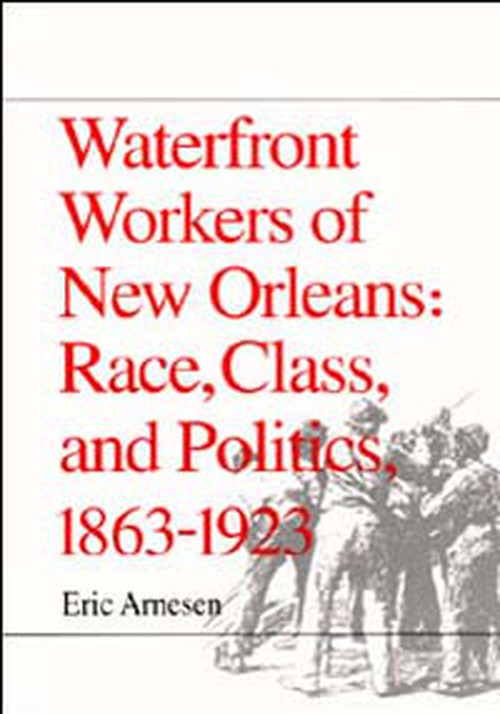
Waterfront Workers of New Orleans
Race, Class, and Politics, 1863-1923
The Crescent City's fascinating and forgotten labor history
Paper – $30
978-0-252-06377-0
Publication Date
Paperback: 01/01/1994
About the Book
During the nineteenth century, American and foreign travelers often found New Orleans a delightful, exotic stop on their journeys. Few failed to marvel at the riverfront, the center of the city's economic activity. But historical memory overlooks the immigrants and Black migrants who served in the riverfront's army of laborers and provided the essential human power that kept the cotton, sugar, and other goods flowing. Eric Arnesen examines the diverse group of 10,000 to 15,000 cotton screwmen, longshoremen, cotton and round freight teamsters, cotton yardmen, railroad freight handlers, and Mississippi River roustabouts that formed the backbone of the Crescent City's trade and economic life.About the Author
Eric Arnesen is the James R. Hoffa Teamsters Professor of Modern American Labor History and Vice Dean for Faculty and Administration at George Washington University's Columbian College of Arts and Sciences. His books include Brotherhoods of Color: Black Railroad Workers and the Struggle for Equality, Black Protest and the Great Migration: A Brief History with Documents, and The Black Worker: Race, Labor, and Civil Rights since Emancipation.Also by this author
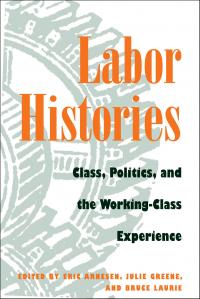
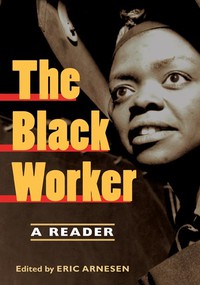
Reviews
"Sits at the crossroads of southern, labor, and African-American history, offering its readers a fascinating ride through several generations of complex experience."--Journal of Southern History"An outstanding example of a holistic approach to labor history. Arnesen has thoroughly grounded his history of the relations of the Black and white waterfront unions in the changing social, economic, and political climate of New Orleans."--Bernard A. Cook, Journal of American History
"Sophisticated and dynamic. Offers many insights for those who seek to confront the intractable realities of class and race in American society."--Bruce Nelson, Nation
"Riveting and pioneering study that considers the histories of African-American and white workers together, and apart."--David Roediger, In These Times
"All serious students of Louisiana history should add this splendid book to their libraries. . . . It will serve as a model for the long-neglected field of labor history in the urban South."--Joseph Logsdon, Louisiana History
